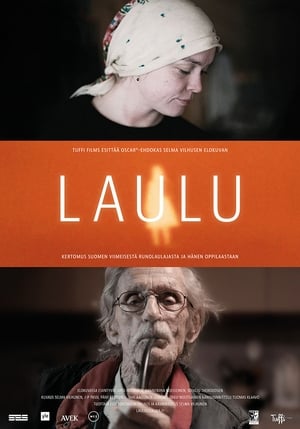
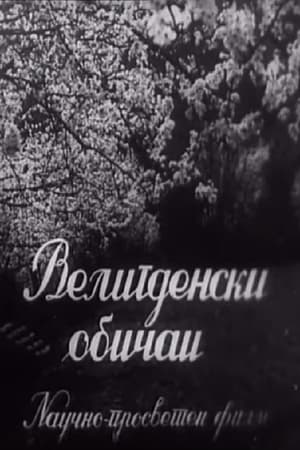
Easter Customs(1954)
Traditions during Easter holidays in the remote village of Grešnica. The film was a research project of the newly opened Ethnological Museum to preserve the disappearing customs at least on film for future generations.
Movie: Easter Customs

Велигденски обичаи
HomePage
Overview
Traditions during Easter holidays in the remote village of Grešnica. The film was a research project of the newly opened Ethnological Museum to preserve the disappearing customs at least on film for future generations.
Release Date
1954-01-01
Average
0
Rating:
0.0 startsTagline
Genres
Languages:
Keywords
Similar Movies
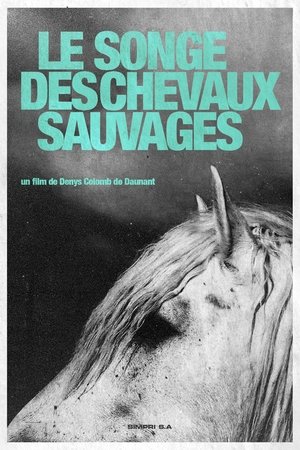 8.0
8.0Dream of the Wild Horses(fr)
The horses in Denys Colomb Daunant’s dream poem are the white beasts of the marshlands of the Camargue in South West France. Daunant was haunted by these creatures. His obsession was first visualized when he wrote the autobiographical script for Albert Lamorisse’s award-winning 1953 film White Mane. In this short the beauty of the horses is captured with a variety of film techniques and by Jacques Lasry’s beautiful electronic score.
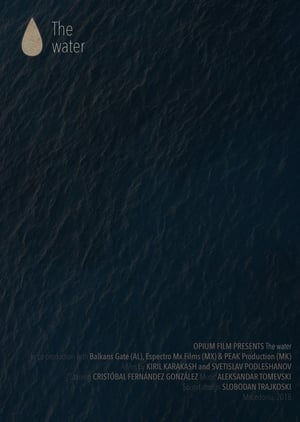 0.0
0.0The Water(es)
The water is a metaphorical view of life in the drought of the people living in Pustec by Prespa Lake.
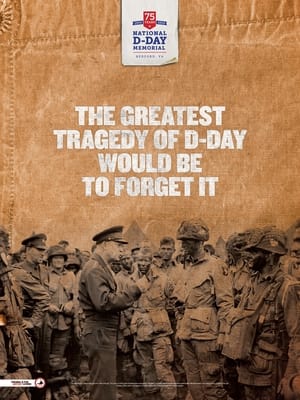 0.0
0.0D-Day 75: A Tribute to Heroes(en)
Live from Southsea Common in Portsmouth, Huw Edwards introduces coverage of the National Commemorative Event taking place to mark the 75th anniversary of D-Day.
 7.1
7.1The Story of the Weeping Camel(mn)
When a Mongolian nomadic family's newest camel colt is rejected by its mother, a musician is needed for a ritual to change her mind.
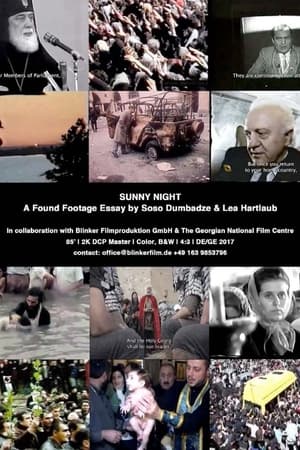 0.0
0.0Sunny Night(ka)
On 25th December 2011 the Georgian Patriarch Ilia II described his 34 year-long leadership as head of the Georgian Orthodox Church as a ‘sunny night’. Beginning in 1989, and going up to the present, the film essay Sunny Night tells of political and social events since Georgian Independence. A variety of formats and sources, disparate images and voices report on protests, recommencements, uproars and wars, and religious identity that centres around the dominant religion of the nation. In the midst of the ongoing shifts and the various state of affairs, the patriarch stands out as the only constant figure. Meanwhile the sermonised religion begins to take on radical forms, going as far as priests forming front row human-chains, leading protests of several thousand orthodox believers chasing a handful of LGBT activist throughout the streets of Tbilisi in May 2013.
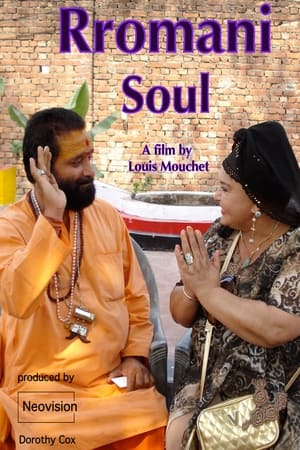 0.0
0.0Rromani Soul(en)
RROMANI SOUL traces the true origin of the Rroma people. Through rituals, song and dance we follow emblematic figure and "Queen of the Gypsies" Esma Redzepova to Macedonia, south of France and finally to India. The film reveals for the first time ever that the true and unique origin of the Rroma is Kannauj in Uttar Pradesh, India.
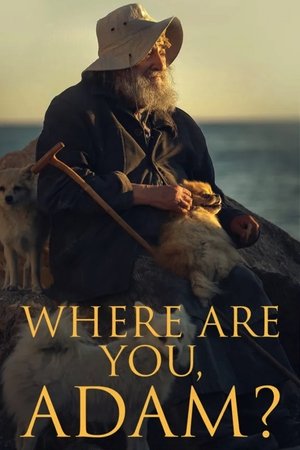 9.0
9.0Where are you, Adam?(el)
The plot of the film unfolds in the ancient monastery of Dokhiar on the west coast of Mount Athos, on the Aegean peninsula. This peninsula is given to the exclusive use of the monks of Eastern Christianity. Images of nature are woven into a virtually uninterrupted series of work and prayer, lining up in the rhythmic interrelation of man and nature. The central figure of the film was the monastery’s elder, Hegumen Gregory, whose long-term experience of spiritual nourishment rewarded him with a deep understanding of the human soul and her desire to return to the state characteristic of Adam’s human nature before the fall.
 6.7
6.7State Funeral(ru)
The enigma of the personality cult is revealed in the grand spectacle of Stalin’s funeral. The film is based on unique archive footage, shot in the USSR on March 5 - 9, 1953, when the country mourned and buried Joseph Stalin.
Pig Tusks and Paper Money(en)
In Papua New Guinea, pig tusks and shell money are currencies which can buy most things. Henry Tokubak’s dream is to create the first bank where traditional money counts as legal tender.
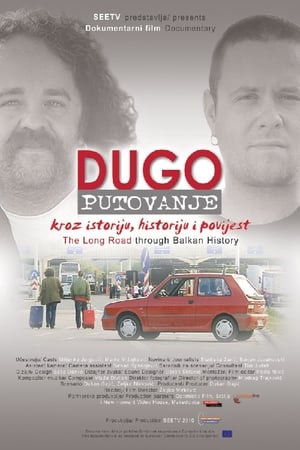 0.0
0.0The Long Road Through Balkan History(en)
Bosnian Croat writer Miljenko Jergović and Serbian writer Marko Vidojković replace one another by the steering wheel of Yugo, a symbol of their common past while driving on the Brotherhood and Unity Highway that stretched across five of six republics of Yugoslavia.
 8.0
8.0Norman Lear: 100 Years of Music and Laughter(en)
The one-night-only celebration honoring the life and legacy of the famed producer features intimate conversations, special performances and surprise reunions that pay homage to the man behind some of television’s greatest stories in celebration of his 100th birthday.
Woven Songs of the Amazon(en)
The Shipibo-Konibo people of Peruvian Amazon decorate their pottery, jewelry, textiles, and body art with complex geometric patterns called kené. These patterns also have corresponding songs, called icaros, which are integral to the Shipibo way of life. This documentary explores these unique art forms, and one Shipibo family's efforts to safeguard the tradition.
 0.0
0.0Sonaggios(en)
In the Sardinian town of Tonara, where the ancient art of crafting cowbells teeters on the edge of extinction, a family battles to preserve their heritage, passing down skills to a new generation while grappling with personal struggles and the pull of modernity. English subtitles.
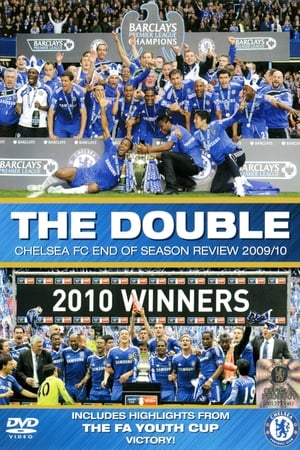 10.0
10.0Chelsea FC - Season Review 2009/10(en)
Led by the masterful Carlo Ancelotti Chelsea FC broke record after record as the club secured a scintillating Premier League and FA Cup Double for the first time in its glorious history. The Blues were simply untouchable as they sealed a memorable title triumph on the last day of the season with an 8-0 thrashing of Wigan, taking their tally for the year to 103 goals - a new Premiership milestone. The season was filled with many magical memories including home and away victories over traditionally the other big three - Manchester United, Arsenal and Liverpool. The FA Cup Final proved the perfect finish to an epic campaign as another Didier Drogba goal sealed a deserved victory against a stubborn Portsmouth to seal a famous Double and leave the fans dancing with delight!
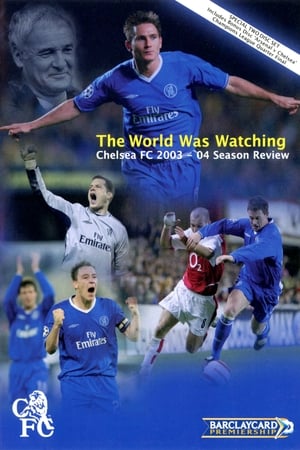 10.0
10.0Chelsea FC - Season Review 2003/04(en)
Few will ever forget the 2003/04 season, as Chelsea recorded our second best ever seasonal campaign, propelling ourselves back into the big three of the English League with our second highest finish, and progressing further than ever before in the UEFA Champions League. There may be no trophies to show after a thrilling year, but strong foundations have been laid and there have been fond memories created along the way. It was a season to remembers as Claudio Ranieri prepared his group of international superstars for an attack on all fronts. On home soil, the team recorded the most points we have ever attained in the top-flight, with some fine victories along the way, most notably against arch-rivals Manchester United and Tottenham Hotspur, whilst in Europe, the 4-0 defeat of Lazio in their own back yard, became the biggest win by any foreign club on Italian turf at that time.
 10.0
10.0Chelsea FC - Season Review 2004/05(en)
As Frank Lampard rounded the Bolton keeper and stroked in Chelsea's second goal, the dream had been achieved and the Blue flag was flying high. "Chelsea Barclays Premier League Champions 2005". For the first time in 50 years Chelsea are the English Champions. This is the official story of their fantastic double winning 2004-2005 season. It was the year that José Mourinho's side became the most feared in this country and on the continent. They defeated all comers, in the most successful campaign in the club's history, breaking numerous records along the way. Most points in a campaign, achieved ironically at Old Trafford and surpassing the record held by the home team, and most wins in a Premier League season, quite an achievement! Relive every Premiership game, from the curtain raiser against Manchester United to lifting the League trophy against Charlton.
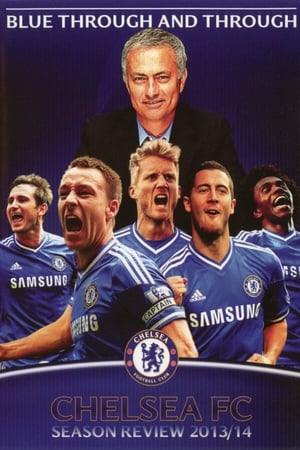 10.0
10.0Chelsea FC - Season Review 2013/14(en)
Back at the club he loves and back with the fans who love him, José Mourinho returned to provide a captivating season from beginning to the very end. A squad that included legends Frank Lampard, John Terry and Petr Čech combined with the attacking talent of Eden Hazard, Willian and Oscar formed the nucleus of a terrifically talented team, guided by a tactical mastermind. In the Barclays Premier League, the Blues outplayed and outmanoeuvred their closest rivals in the biggest games, with stunning doubles over Manchester City and Liverpool, and comprehensive victories against Manchester United, Tottenham and Arsenal. In the UEFA Champions League, a reunion with Didier Drogba followed a dramatic, last gasp win over PSG took Chelsea to the brink of another European final.
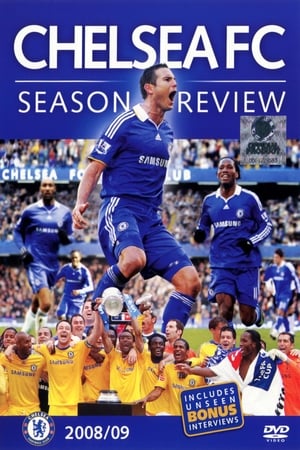 10.0
10.0Chelsea FC - Season Review 2008/09(en)
The 2008/09 season will go down as one of the most dramatic and exciting in Chelsea FC's long and illustrious history. A mid-season change of manager, a devastating departure from the Champions League and a famous victory in The FA Cup Final are just some of the moments to remember. After a scintillating start to the season which saw the Blues undefeated until late October hopes were high that the club could reclaim the Premier League crown and secure an elusive first Champions League title. But a slump in form and fortune saw the club's title aspirations disappear along with manager Luiz Felipe Scolari. The arrival of Guus Hiddink energised the team and revived ambitions of securing a trophy but with the Premier League just out of reach and hearts broken in the Champions League, their perseverance was rewarded with a fantastic win at Wembley in The FA Cup Final ensuring another season of silverware for the mighty Blues.
